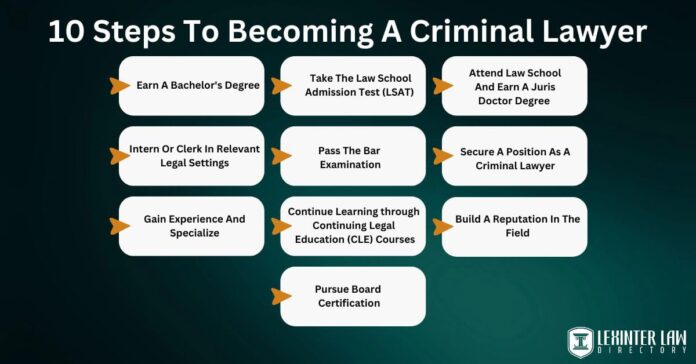Juris Doctor Explained: Pathway to Becoming a Lawyer, A Juris Doctor (JD) is a three-year professional degree that discusses acknowledgement that the holder has a professional degree in law. Upon completion of a JD. Program and passing the bar exam, individuals are eligible to practice law in their jurisdiction. This means they can signify clients, provide legal guidance, and advocate for their clients in court.
What Juris Doctor do
Juris Doctor Explained: Pathway to Becoming a Lawyer, A Juris Doctor (JD) is a professional graduate degree in law. Here are some key points about what obtaining a JD entails and what it prepares individuals to do:
Educational Path: To earn a JD, students typically attend law school for three years after implementation an undergraduate degree. The curriculum covers various areas of law, including constitutional law, contracts, torts, property law, and criminal law.
Legal Practice: The primary purpose of the JD is to succeed graduates to take the bar exam in their respective states or jurisdictions. Passing the bar exam allows individuals to practice as licensed attorneys.
Career Options: Graduates with a JD can pursue careers in various fields including:
Private practice (as lawyers for individuals or corporations)
Public interest work (non-profit organizations)
Government positions (prosecutors or public defenders)
Corporate counsel (advising businesses on legal matters)
Academia (teaching law at universities)
Specialization: Some JDs may choose to specialize in certain areas of law such as environmental law, intellectual property, family law, international law, or tax law.
Non-Legal Careers: A Juris Doctor can also be beneficial for careers outside traditional legal roles such as mediation, compliance analysis, human resources management, policy advising, or working within governmental agencies.
Critical Thinking and Advocacy Skills: Law school equips students with critical thinking skills and the ability to analyze complex information and advocate effectively on behalf of clients.
Ethics and Professional Responsibility: Legal education places significant emphasis on ethics and professional responsibility—essential aspects of practicing as an attorney.
Is a JD a LAWYER?
A Juris Doctor (JD) is a degree that signifies a person has completed law school and earned their legal education. However, possessing a JD alone does not make someone a lawyer.
To become a licensed lawyer, an individual must:
Pass the Bar Exam: After obtaining their JD, they must take and pass the bar examination in the state or jurisdiction where they intend to practice law.
Meet Character and Fitness Requirements: Most jurisdictions require candidates to demonstrate good moral character and fitness to practice law through background checks and other assessments.
Adhere to Continuing Education Requirements: Once licensed, lawyers often need to complete continuing legal education (CLE) courses periodically to maintain their license.
In summary, while obtaining a JD is an essential step towards becoming a lawyer, additional steps are required for licensure. Only those who have passed the bar exam and met all other requirements can officially call themselves lawyers or attorneys.
Juris doctor job description
A Juris Doctor (JD) is a professional doctoral degree in law, and while the JD itself is not a job title, it prepares graduates for various roles within the legal field. Here’s an overview of common job descriptions that individuals with a JD may pursue:
- Attorney/Lawyer
Responsibilities:
Represent clients in legal matters, including lawsuit, discussions, and settlement deliberations. Research legal issues and prepare legal documents such as briefs, pleadings, contracts, and wills. Advise clients on their rights and obligations under the law.
Conduct trials or hearings in court.
Skills: Strong analytical skills, excellent communication abilities (both verbal and written), negotiation skills, attention to detail.
- Corporate Counsel
Responsibilities:
Provide legal advice to corporate management on business transactions and compliance with laws. Draft and review contracts related to business operations. Handle litigation involving the company or manage external counsel.
Skills: Business acumen, negotiation skills, understanding of corporate law and regulatory compliance.
- Public Defender
Responsibilities:
Protect individuals who cannot afford an attorney in illegal cases. Behavior investigations into cases assigned by the court to build defense strategies. Represent clients at arraignments, hearings, trials, plea negotiations.
Conclusion of Juris doctor
In conclusion, obtaining a Juris Doctor (JD) degree opens the door to a wide array of career opportunities within the legal field. Graduates are equipped with essential skills such as critical thinking, effective communication, and an understanding of complex legal principles. Whether pursuing roles as attorneys, corporate counsel, public defenders, or in various other legal capacities like academia or policy-making, JD holders play vital roles in upholding justice and navigating the intricacies of law. The rigorous training involved in earning this degree fosters not only professional competency but also ethical responsibility—essential traits for anyone committed to serving clients and society effectively within the legal system. Ultimately, a JD provides a solid foundation for those seeking to make significant contributions to the practice of law and related disciplines.


